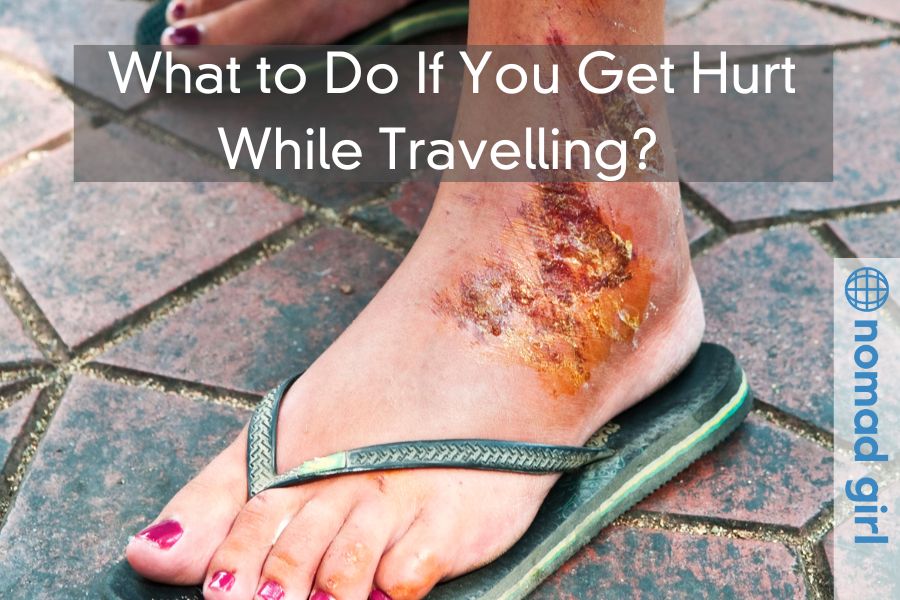Travelling is an exciting and enriching experience that allows us to explore new places, cultures, and cuisines.
However, while we may have our itineraries planned down to the last detail, accidents can happen at any time and anywhere.
Whether it’s a minor injury or a more serious one, getting hurt while travelling can be a stressful and overwhelming experience.
It can also disrupt our travel plans and hinder us from fully enjoying our trip. In this guide, we will discuss what steps you should take if you get hurt while travelling.
By following these tips, you can ensure that your trip is not completely derailed and that you receive the necessary care and support in case of an injury.
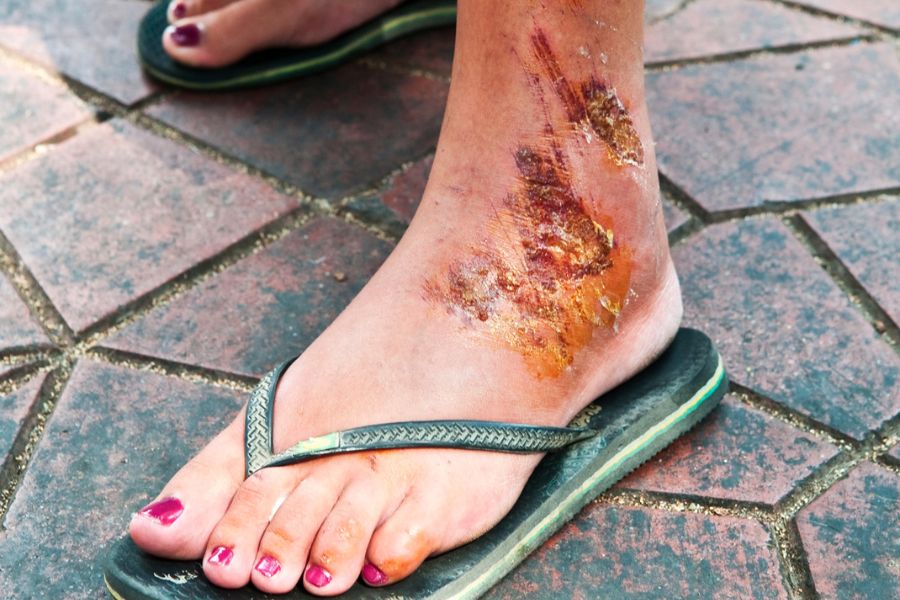
Seek Medical Help Immediately
The most important thing to do if you get hurt while traveling is to seek medical help immediately.
This may seem obvious, but in the chaos and shock of an injury, we may not always make the right decisions.
If you are severely injured or experiencing any concerning symptoms, do not hesitate to call emergency services or go to the nearest hospital.
It’s better to be safe than sorry, and seeking medical help can prevent your injury from worsening.
Even if the injury seems minor, it’s still important to get it checked by a healthcare professional.
They can provide proper treatment and advice on how to take care of the injury while travelling.
Consider Consulting a Lawyer
Depending on the severity and circumstances of your injury, consult a lawyer while travelling.
This is especially true if the injury was caused by someone else’s negligence or if you are facing any legal issues related to the accident.
A lawyer can advise you on your rights and help you navigate through any potential legal processes.
If you need immediate legal assistance, you can contact ltlaw.com or seek recommendations from your travel insurance provider.
It’s important to understand the laws and regulations of the country you are travelling in and a local lawyer can provide valuable insights and guidance.
However, it’s best to consult with a lawyer once you have received proper medical care and attention.
They can also assist you in filing any necessary insurance claims and seeking compensation for your injury.
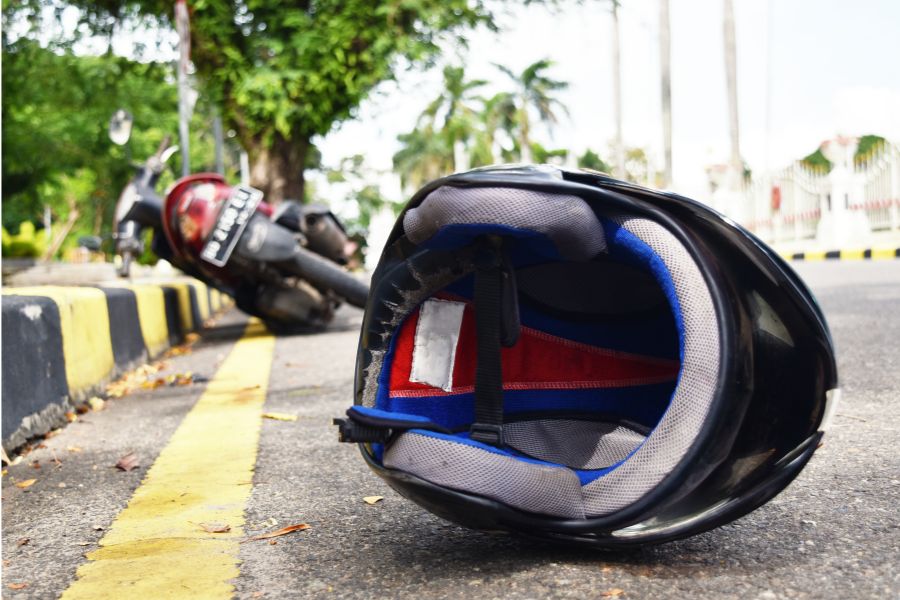
Contact Your Travel Insurance Provider
If you have purchased travel insurance, it can cover medical expenses and other costs related to your injury.
Make sure to keep all the necessary documents such as receipts and medical reports, as they may be required for claims.
It’s also a good idea to familiarize yourself with your insurance coverage before traveling, so you know what to expect in case of an injury.
Contact your insurance provider as soon as possible after the incident and they can guide you through the process of making a claim.
Notify your Accommodation and Travel Partners
If you are travelling with a group or have booked accommodation through a travel agency, inform them about your injury.
They can provide assistance and support in rescheduling activities or finding suitable medical facilities.
Travel agencies often have local contacts and resources that can make the process smoother and faster.
In case of a serious injury, they may also be able to arrange for emergency transportation back home, ensuring you get the necessary care as quickly as possible.
Notify your loved ones at home so they are aware of the situation and can offer their support.
Keeping them informed will also help in case you need additional assistance or if they need to make arrangements on your behalf.
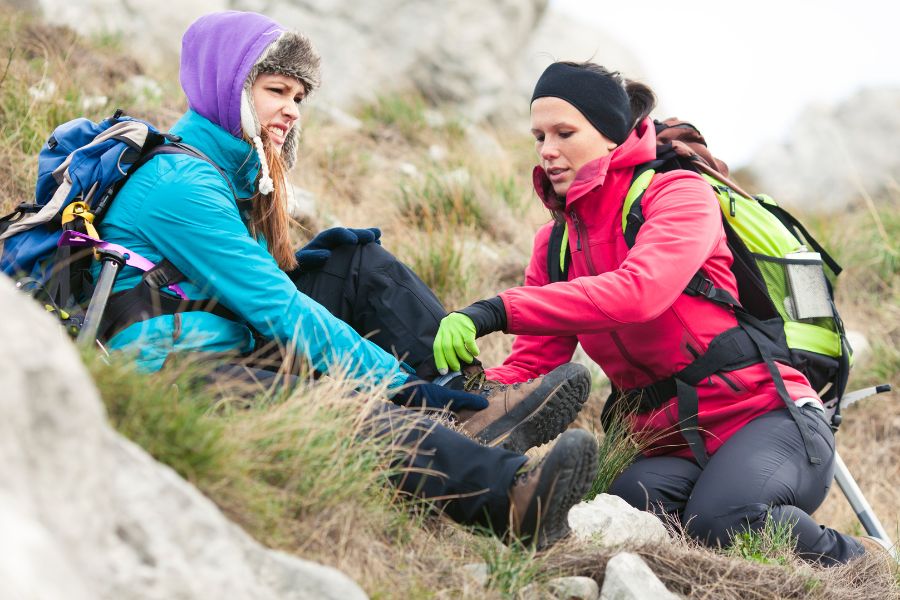
Gather Evidence for Documentation
In case you need to make a claim with your insurance provider or seek legal action, gather thorough evidence for documentation.
This can include taking clear and detailed photos of the injury from multiple angles, obtaining comprehensive medical reports from your healthcare provider, and keeping receipts for any expenses related to the injury, such as medication, treatments, or travel costs to medical facilities.
Keep a detailed record of any conversations or interactions with healthcare professionals, insurance providers, and travel partners regarding your injury.
Note down the dates, times, and key points discussed during these interactions.
This meticulous documentation can significantly support your case and help ensure that you receive the necessary compensation or assistance to cover your losses and facilitate your recovery.
Take Necessary Precautions for Future Trips
While getting injured while travelling is an unfortunate and unpredictable event, there are some precautions you can take for your future trips.
Make sure to research the safety measures and medical facilities of the country you are visiting before your trip.
Purchase adequate travel insurance that covers any potential injuries or accidents.
Pack a first aid kit with essential items such as bandages, pain relievers, and any necessary medication.
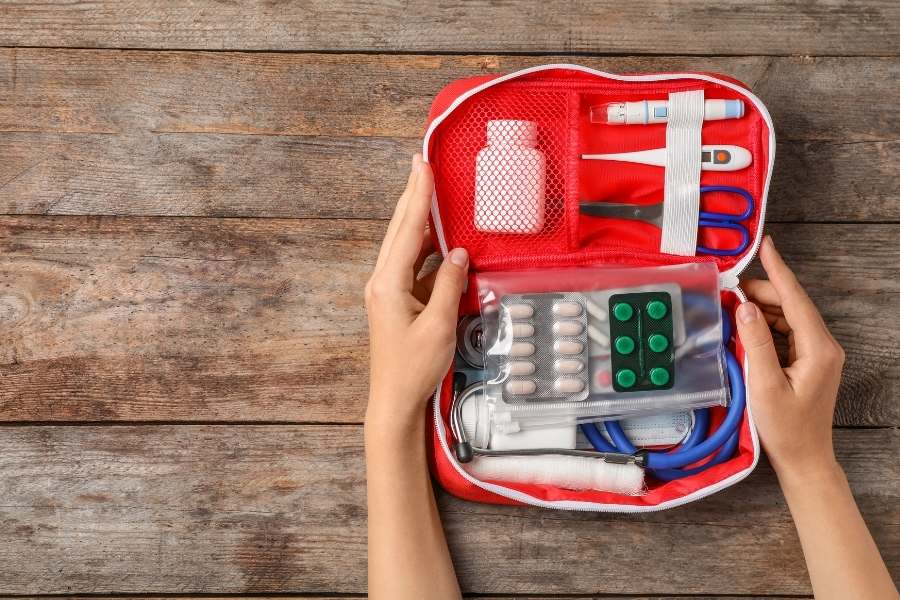
Stay cautious and aware of your surroundings while exploring a new place, and avoid engaging in risky activities that could lead to injury.
Staying Positive During Recovery
Take care of your mental well-being while recovering from an injury during travel.
It can be challenging and frustrating to have your trip plans disrupted by an injury, but it’s important to stay positive and focus on the present moment.
Use this time as an opportunity to relax and reflect on your trip experiences so far. Keep yourself occupied with activities such as reading, journaling, or watching movies.
Engage in conversations and interactions with fellow travellers to keep your spirits up. Recovery takes time and be patient with yourself.
Remind yourself that you will get through this and have more opportunities to travel in the future.

Getting hurt while travelling can be a scary and stressful experience. From medical emergencies to minor injuries, the unexpected can disrupt your plans and create anxiety.
However, by taking the necessary steps outlined in this guide, you can ensure that your injury is properly addressed and managed.
Start by seeking immediate medical attention, if needed, and make sure to document the incident for any insurance claims.
Familiarize yourself with local healthcare facilities and understand your travel insurance coverage. Carry a basic first aid kit and keep essential contact numbers handy.
By following these tips, you can minimize the impact of an injury and continue to enjoy your travels with peace of mind. Safe travels!


